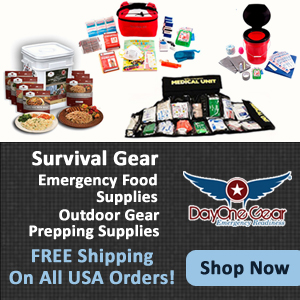Knowing how to defend yourself is great, and it is something that everybody should learn how to do. Avoiding being attacked altogether, however, is even better, and of course, it is safer. When it comes to potential crime there is one essential rule -- refuse to be a victim. The fact is that if you look like a victim, you are more likely to become one. So, how can you avoid looking like and becoming a victim?
Many of us spend our spare moments looking at our tablets and smartphones, talking on the phone, or even relaxing with our MP3 players and headphones. While all of these devices are wonderful, they can distract us from what is happening around us. When you are out and about, your surroundings need your attention more, and if you have headphones on, you won't hear any "out of the ordinary" noises. Put off using these devices until you are in an area where you really are safe and can relax.
Changing a few habits, and doing without distractions can save your life! Awareness, avoidance, and confidence are a few of your best self-defense tools that you already have and won't cost you anything except time to adapt and let them become your second nature. Here are some additional tips to help you to avoid becoming a victim:
First, avoid places where an attack may occur without notice by others. This includes dark streets and alleys, abandoned parking lots, and other under-populated areas. If you must venture into such areas, make sure that you do not go alone.
 Be aware of your surroundings, and listen to your gut instincts. Safety is not always convenient. Criminals don't like to be noticed, and if they realize that you are paying close attention to your surroundings, they are more likely to go away and look for another victim. If you must go out of your way to avoid putting yourself in danger -- do so! No appointment or destination is more important than your safety and your life.
Be aware of your surroundings, and listen to your gut instincts. Safety is not always convenient. Criminals don't like to be noticed, and if they realize that you are paying close attention to your surroundings, they are more likely to go away and look for another victim. If you must go out of your way to avoid putting yourself in danger -- do so! No appointment or destination is more important than your safety and your life.
Women: If there is a great deal of walking involved to reach your destination, wear shoes that you can run in, and carry those slingback heels in your bag. It's hard to get away from an attacker in high heels.
Avoid flashing things that may be of great interest to a thief. This includes electronic devices, purses, wallets, and jewelry. This doesn't mean that you can't carry these items; it just means that you should be discreet with them. You don't want these items to attract unwanted attention.
Look people in the eye and acknowledge them. Again, criminals don't want to be noticed. If you've looked them in the eye, they know that you can identify them, and they are most likely not going to attack. Furthermore, when you look someone in the eye, you have a better perception of what they are looking at themselves.
Always have a destination and a purpose in mind -- or at the very least, look like you do. Those who display self-confidence and purpose, instead of walking obliviously along and looking down at their shoes, are less likely to be attacked. Walk with your head held up -- not looking at the ground.
Always know your options. While you don't want to look like a victim, you can't ever really let your guard down. When you are walking along, always have an escape plan in mind.
Trust your instincts. If your instincts tell you that danger is near, it most likely is. Never ignore your gut instincts or assume that you are just being paranoid.
By changing a few habits and being more aware of your surroundings, you can avoid being a victim. Overall, use your common sense. If you feel like you are venturing into dangerous territory, turn around and go back. If you feel like you are being followed, get to a safe place as fast as you can. If you are being watched, call for help or change locations. Don't feel like you are being paranoid or foolish. You are simply trying to avoid being attacked!






